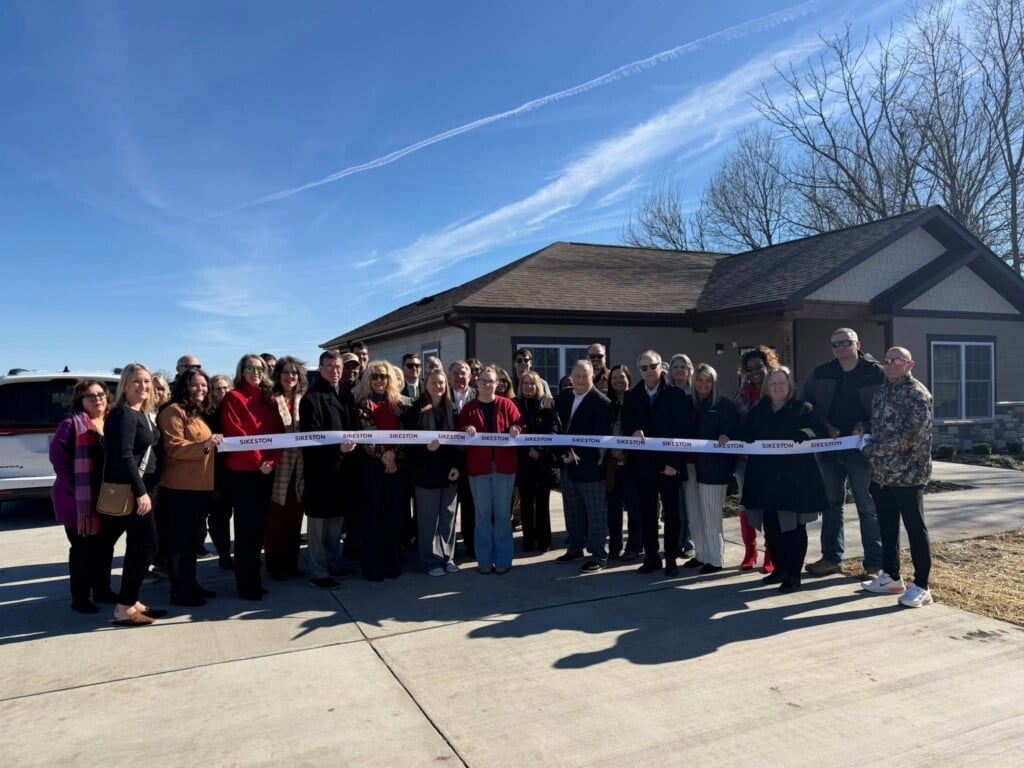2022 deadly overdoses in KY declines 1st time in 4 years
(KBSI) – Kentucky Gov. Andy Beshear released the 2022 Overdose Fatality Report stating that 2,135 Kentuckians lost their lives to a drug overdose last year.
That is a decline of more than 5% compared with the previous year and is the first decline since 2018.
“Seeing a decrease in overdose deaths is encouraging, but we still have a long way to go, because one Kentucky life lost to overdose is one too many,” said Gov. Beshear. “As your Governor, I will work every day to improve access to treatment and programs to help those fighting this disease to win while also providing Kentucky’s law enforcement with more resources to get these dangerous drugs off our streets.”
The report indicates that 90% of overdose deaths involved opioids. Fentanyl continues to be the most prevalent drug contributing to those deaths, accounting for 72.5% nationwide in 2022. Potent, inexpensive methamphetamine was also a significant contributor to overdose deaths, according to the report.
The U.S. Centers for Disease Control and Prevention recently released the national overdose death data. It listed Kentucky as one the few states to record a decline in overdose deaths.
Another way Kentucky is battling addiction and to help Kentuckians recover includes the federally funded Recovery Housing Program, which has helped nonprofits across the commonwealth provide transitional housing for those in recovery. So far, 164 Kentuckians in recovery programs have been sheltered thanks to the program’s funding in the state.
“The funding we received is allowing our program to stand out in the recovery housing world by creating a subsidy program to cover up to eight weeks of program fees and rent for low- to moderate-income residents who enroll,” said Janet Gates, executive director of the Franklin County Women and Family Shelter. “This allows these residents to have weeks to settle in and get adjusted without the worries of how to cover costs of the recovery housing.”
Last year, Gov. Beshear announced a new searchable website to help people in recovery find housing, FindRecoveryHousingNowKY.org. Since the launch, 181 homes have been secured. The Kentucky Recovery Housing Network has certified 54 homes across the state to shelter Kentuckians as they recover. The Kentucky Opioid Response Effort has helped distribute more than 82,000 free Naloxone units. Naloxone treats victims of overdose and is a lifesaving medicine. The administration also launched a statewide campaign called UNSHAME Kentucky, which provides a platform for people impacted by addiction to tell their stories of hope and strength.
There are several ways Kentuckians can find help for treatment and recovery, including:
- Call 833-8KY-HELP to find treatment options
- Visit findhelpnowky.org for information about treatment programs and providers
- Visit kentuckystatepolice.org to find help with locating an appropriate treatment program.
Kentucky is one of eight states that saw a significant decrease in overdose deaths last year, according to a recent article from the Associated Press. The nation as a whole saw an uptick in deaths. The decrease in overdose deaths is due to Kentucky’s intentional work to address addiction and offer more treatment services, according to the article.
The number of treatment beds in the community has increased by 50% and the largest number ever of corrections-based addiction treatment beds has been secured since Gov. Beshear took office.
“Over the past year, we have heavily focused on increasing access to clinical care for those suffering from addiction while offering more harm reduction measures,” said Van Ingram, executive director of the Office of Drug Control Policy. “These efforts have shown positive effects, but we must continue to be diligent in fighting this epidemic because it affects everyone everywhere in more ways than one.”
Overdose deaths are tracked by the Kentucky Injury Prevention and Research Center. The center uses data from the death certificates database at the Office of Vital Statistics under the Cabinet for Health and Family Services.
State inmates are securing employment and addiction treatment at record level leading to the lowest recidivism rate in state history at 27.15%.
Last month, Gov. Beshear announced that Kentucky’s Counterdrug Program seized 142 pounds of fentanyl over seven months that could have caused almost certain death for more than 28.9 million people. The governor signed the fiscal year 2024 State Drug Interdiction and Counterdrug Activities Plan. Support is provided to multiple state, local and federal agencies in the plan’s team, including Kentucky State Police, Kentucky National Guard, Appalachian High Intensity Drug Trafficking Area, Homeland Security Investigations and the Drug Enforcement Agency.
In March, Gov. Beshear announced that Kentucky is also leading the way in providing treatment services to Kentuckians through the state’s Treatment Access Program. It allows those without health insurance to enter residential treatment. Recovery Ready Communities expands health care coverage and increases treatment beds.
Gov. Beshear also signed legislation that supports recovery housing by setting requirements for certification, operation and oversight of these residences and legislation that ensures direct payments from health insurance providers to the facilities providing care.
If you or a loved one are struggling with addiction, call the KY HELP Call Center at 833-8KY-HELP (833-859-4357) to speak one-on-one with a specialist who can connect Kentuckians to treatment. Visit findhelpnowky.org to find information about available space in treatment programs and providers based on location, facility type and category of treatment needed.
Visit the Kentucky State Police website to find one of 16 posts where those suffering from addiction can be paired with a local officer who will assist with locating an appropriate treatment program. The Angel Initiative is completely voluntary. Individuals will not be arrested or charged with any violations if they agree to participate in treatment.


